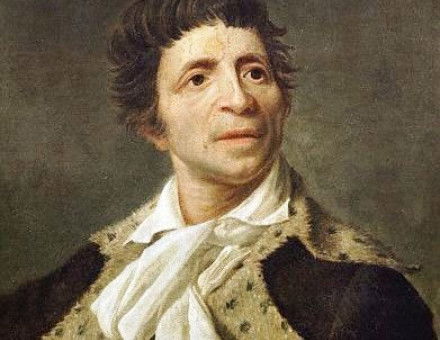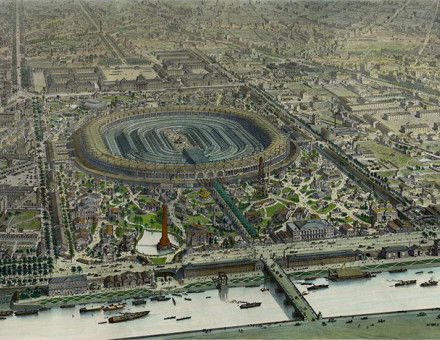Talleyrand, Part I
What he had always wanted to be, Talleyrand wrote in later life, was “the man of France”—not the representative of a party, a political system or a sovereign master. Does this ambition, asks Harold Kurtz, explain his various changes of allegiance, including his “betrayal” of Napoleon, for which many French historians cannot forgive him?





